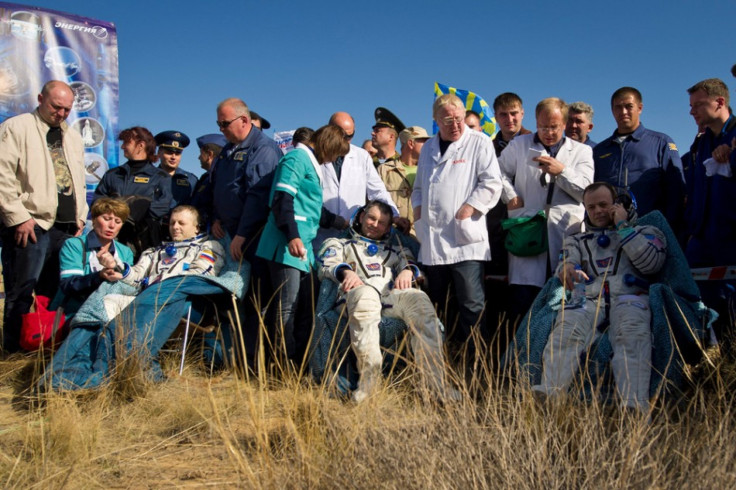Spending Longer Time in Space Could Damage Astronauts' Eye-Sight

Astronauts in space are exposed to a newly identified medical condition, something that NASA should consider seriously. It is the blurring vision of some of the astronauts who have spent months in space that has made NASA to think about possible impacts it may have on long-term space trips.
According to NASA researchers, if astronauts stay in space for long period of time, the risk of blurred vision increases. Doctors are worried that long space travels, such as a multi-year trip to Mars, may end up blinding the space explorers.
In response to the serious threat, NASA has asked a number of researchers to study the issue and has also sent special eye-glasses to the International Space Station to help those affected, Los Angeles Times reported.
NASA has done a survey on 300 astronauts and found that almost 30 percent of those who have flown two-week shuttle missions, and 60 percent of those who have continued to stay for six months longer in the space station noticed things became blurry either during or after the missions.
Right now, all of our crew members are potentially vulnerable. We don't know yet how to determine who will be vulnerable and who won't be vulnerable, said Chief NASA Astronaut Peggy Whitson.
Some people, it reverses and they come back to the same level that they were at pre-flight. Others have not been reversible.
Blurring eye-sight is not the only problem that astronauts in space have to endure. In order to live in a small orbiting object, astronauts require adjusting to microgravity. As there's very little to oppose an astronaut's motion, muscles get deconditioned after spending months in space.
In addition, bone density also drops and faces puff up as fluid that is normally pulled toward the feet floats into the head, the Washington Post reported.
© Copyright IBTimes 2025. All rights reserved.






















